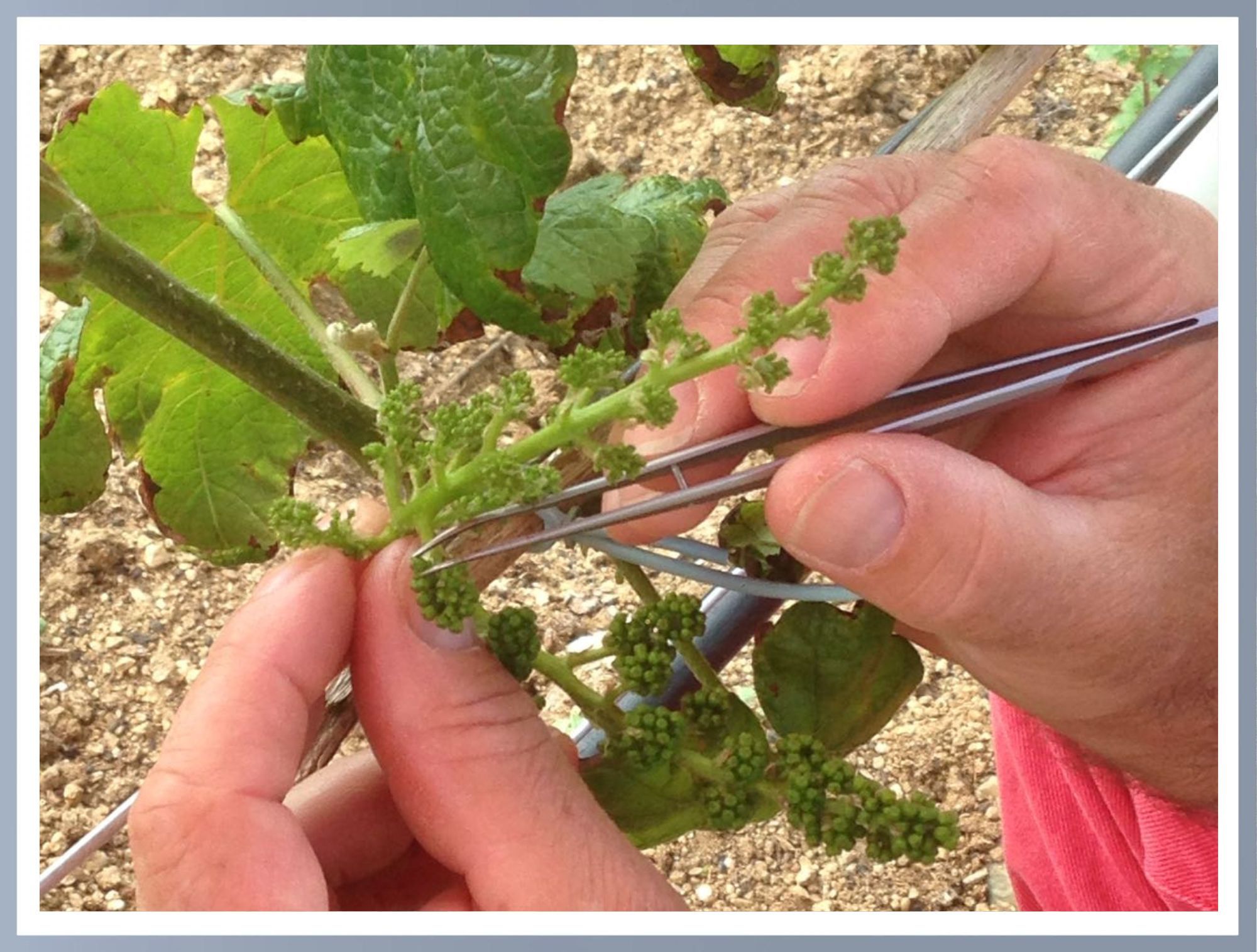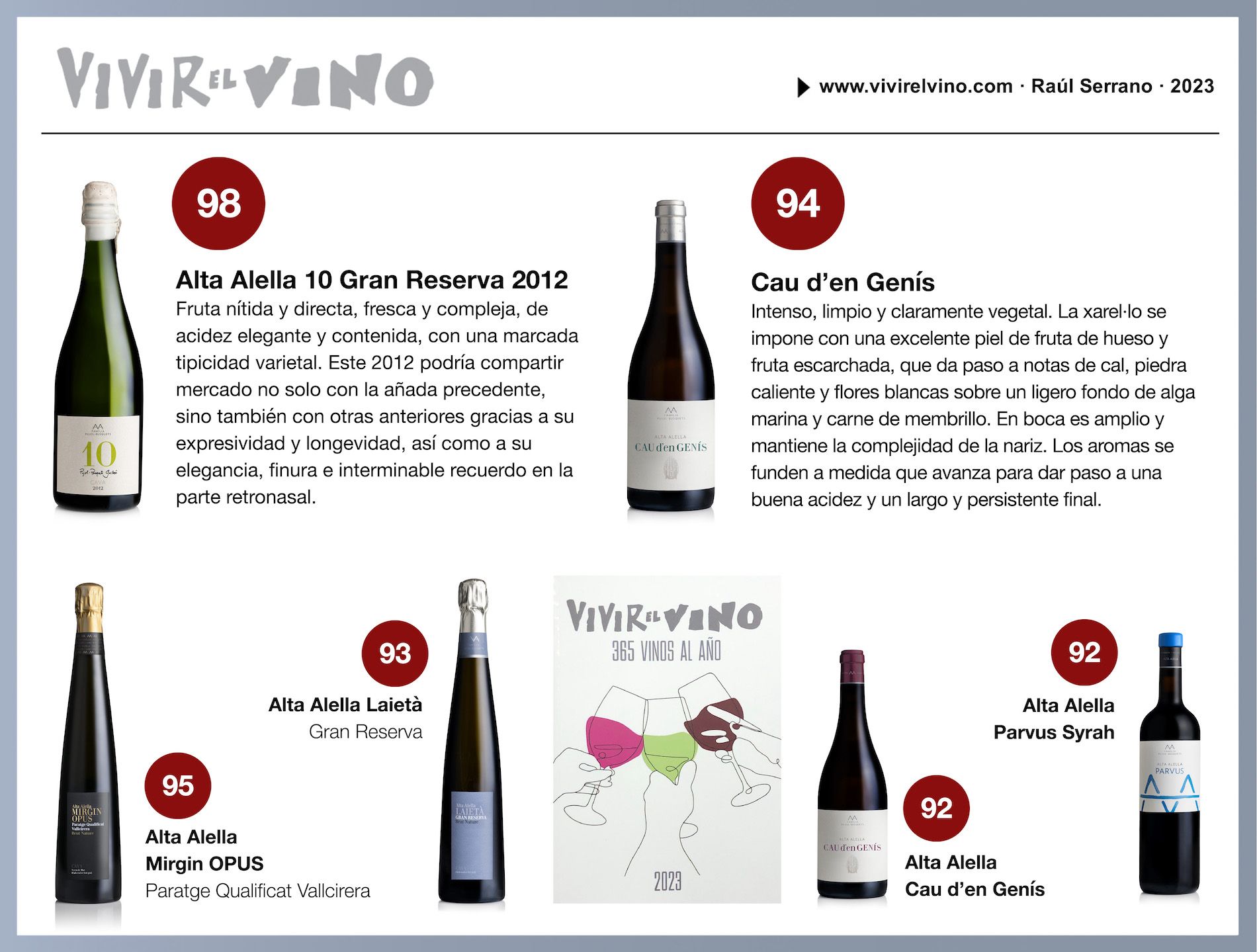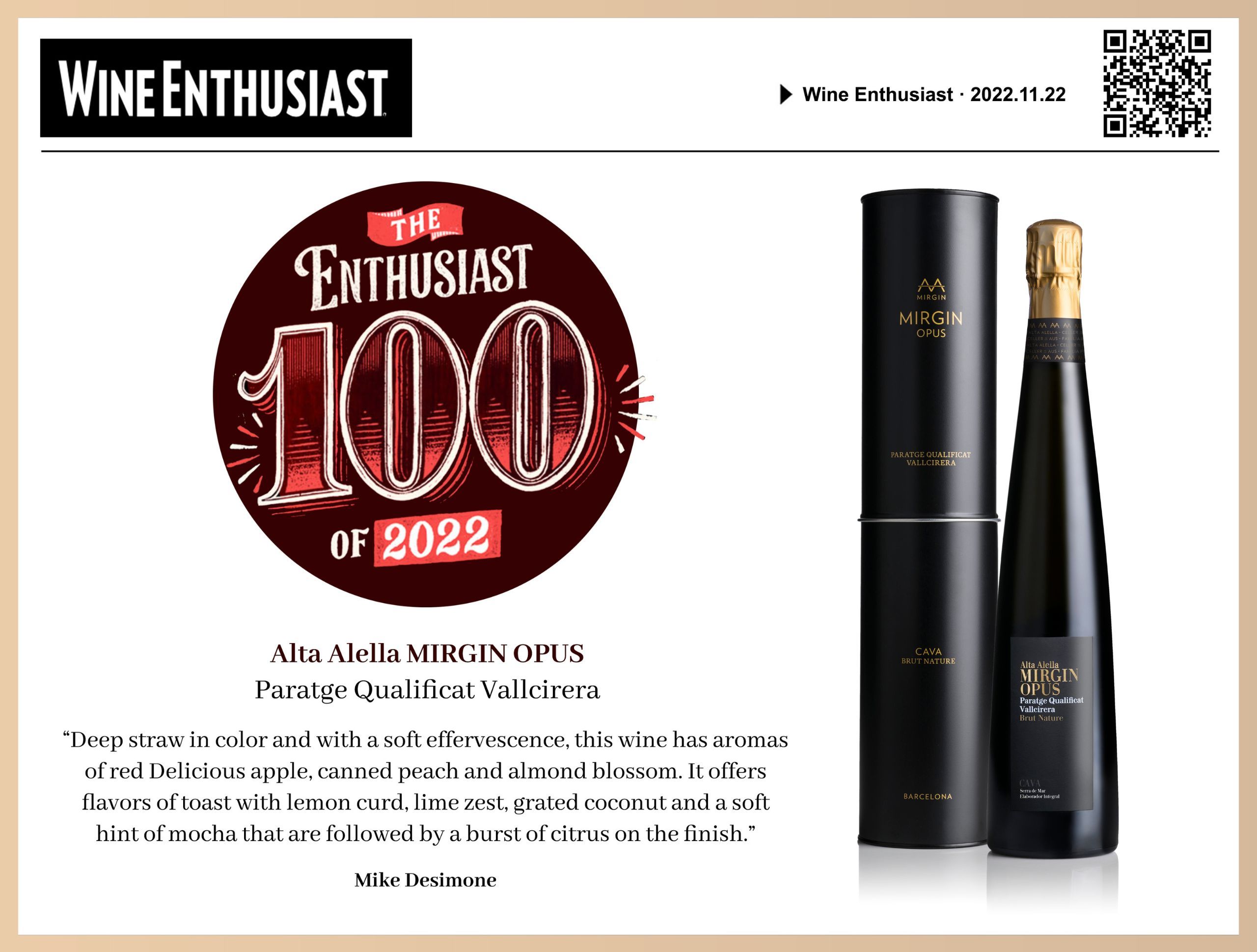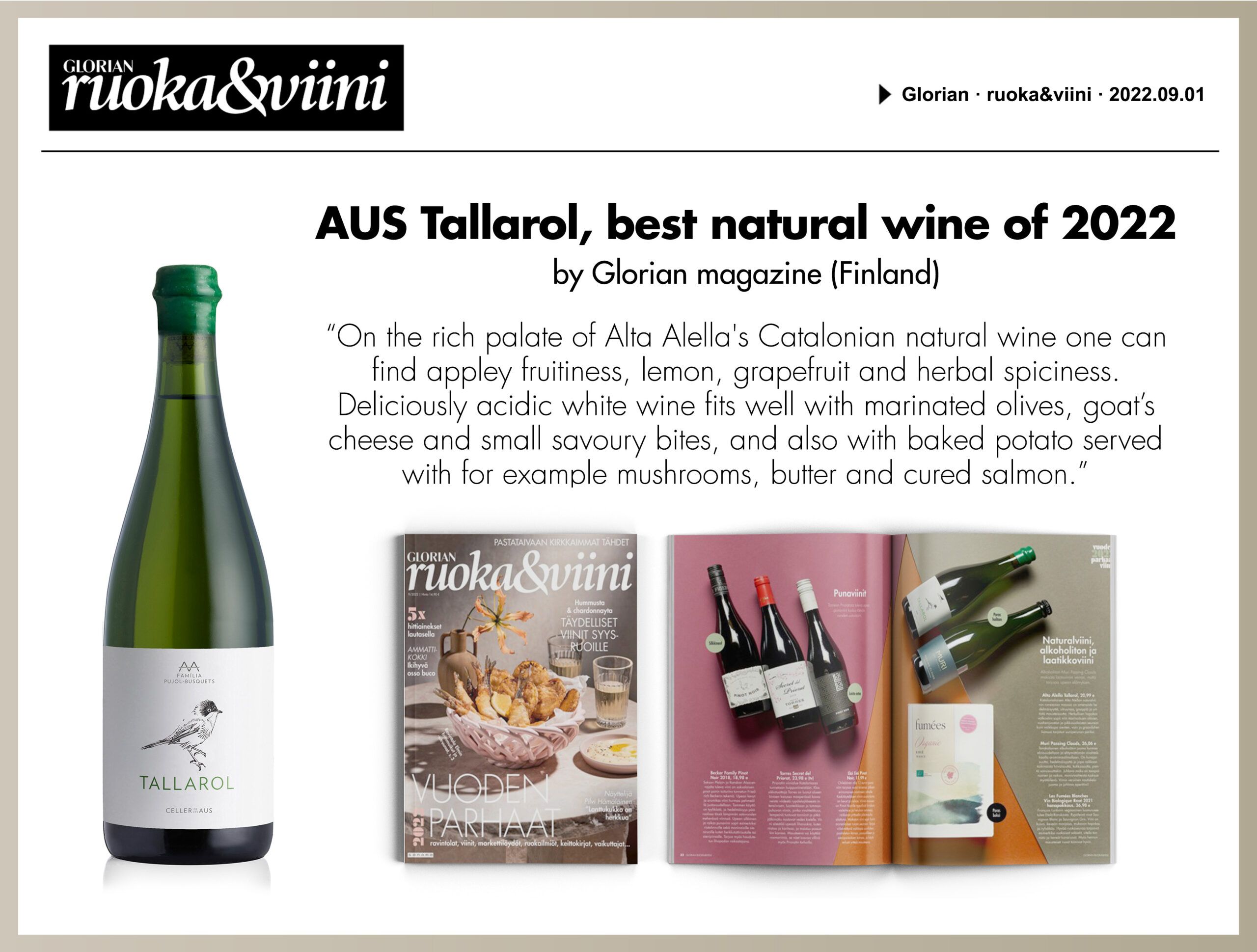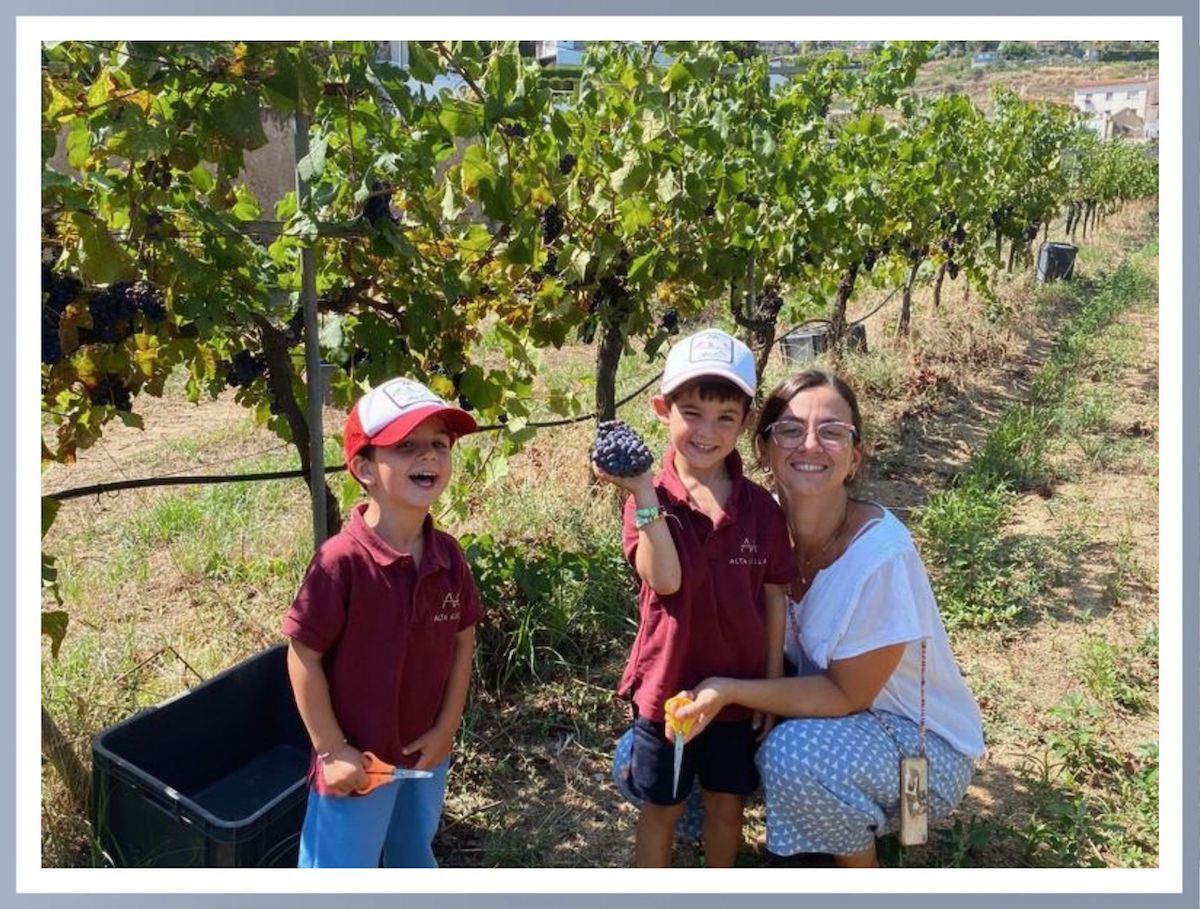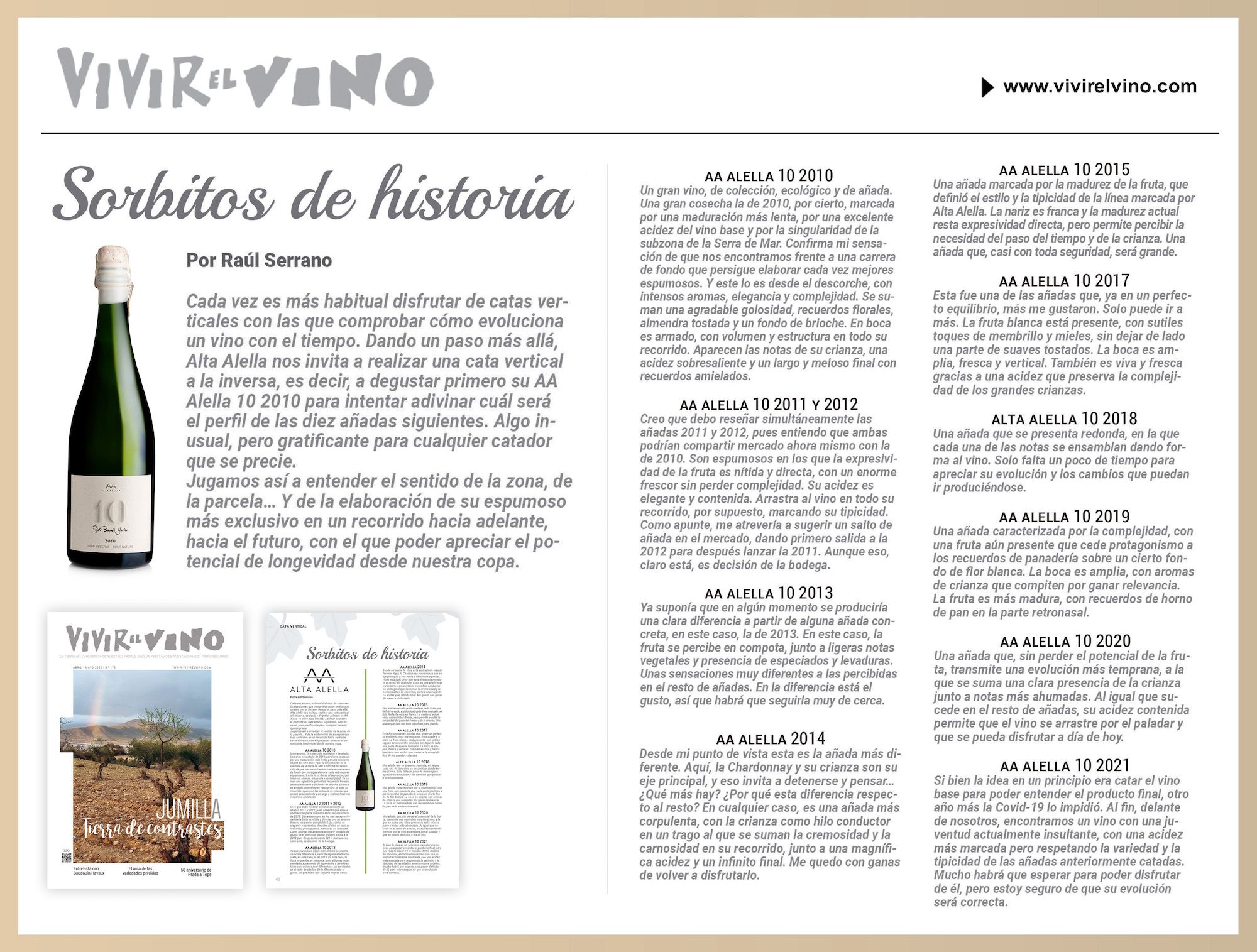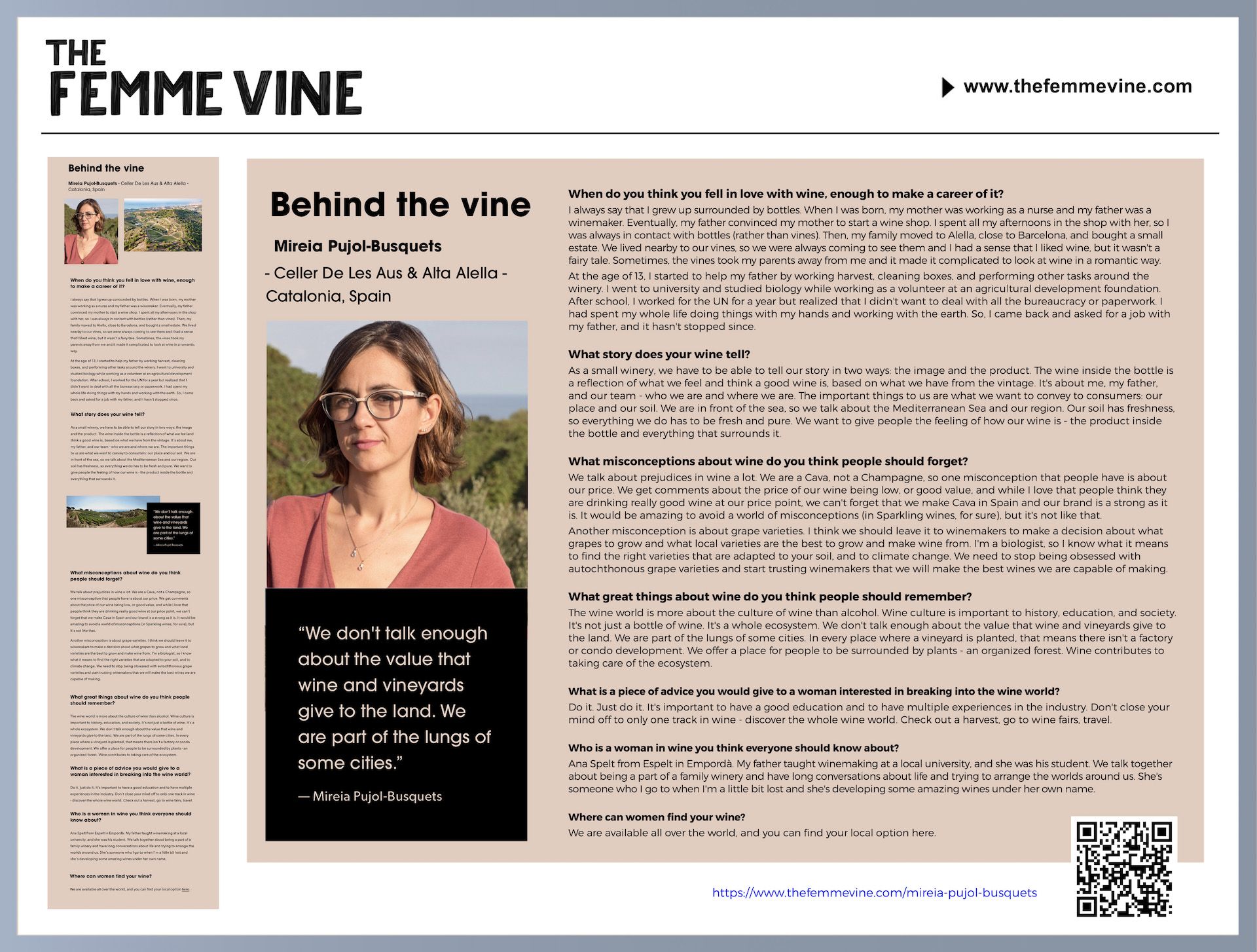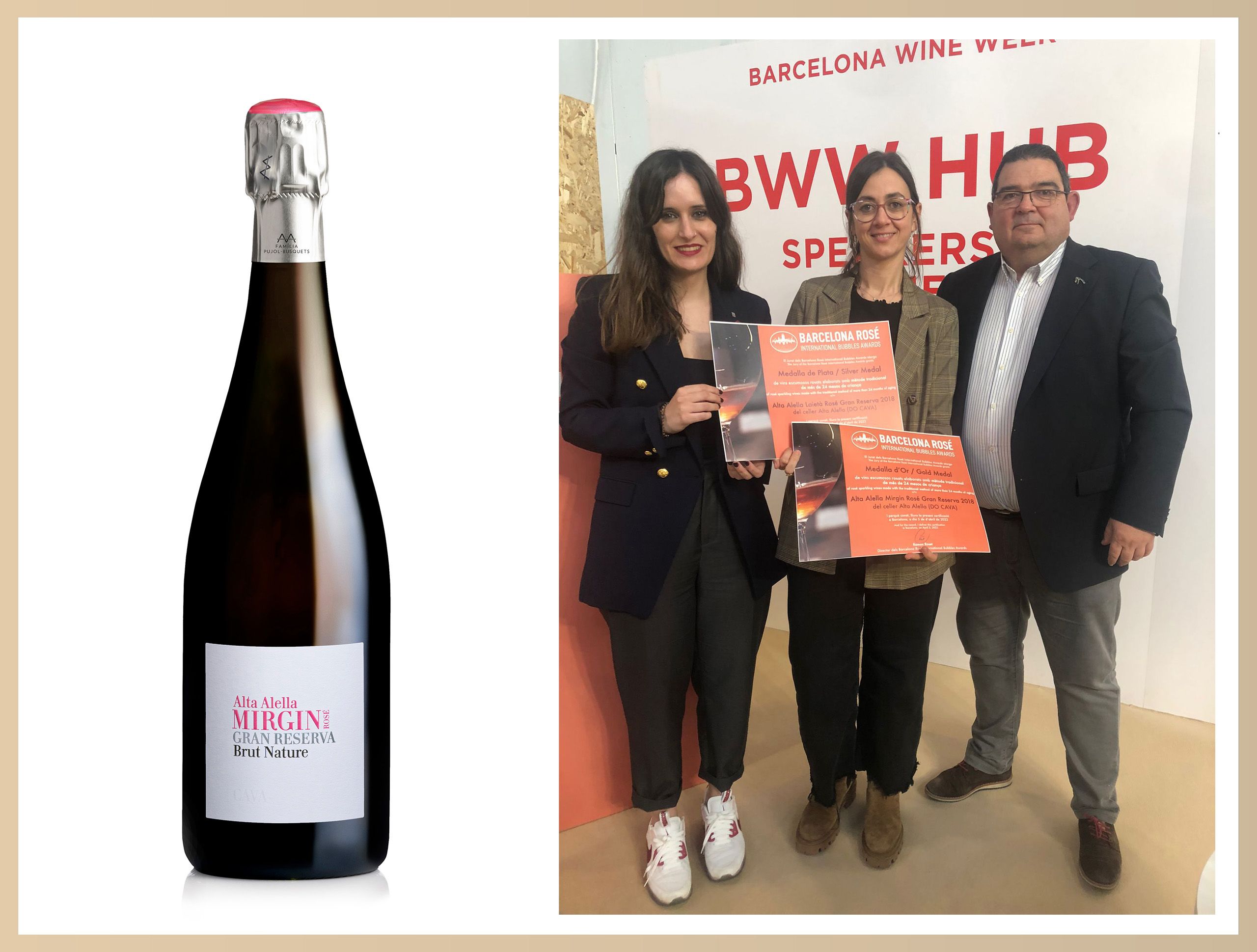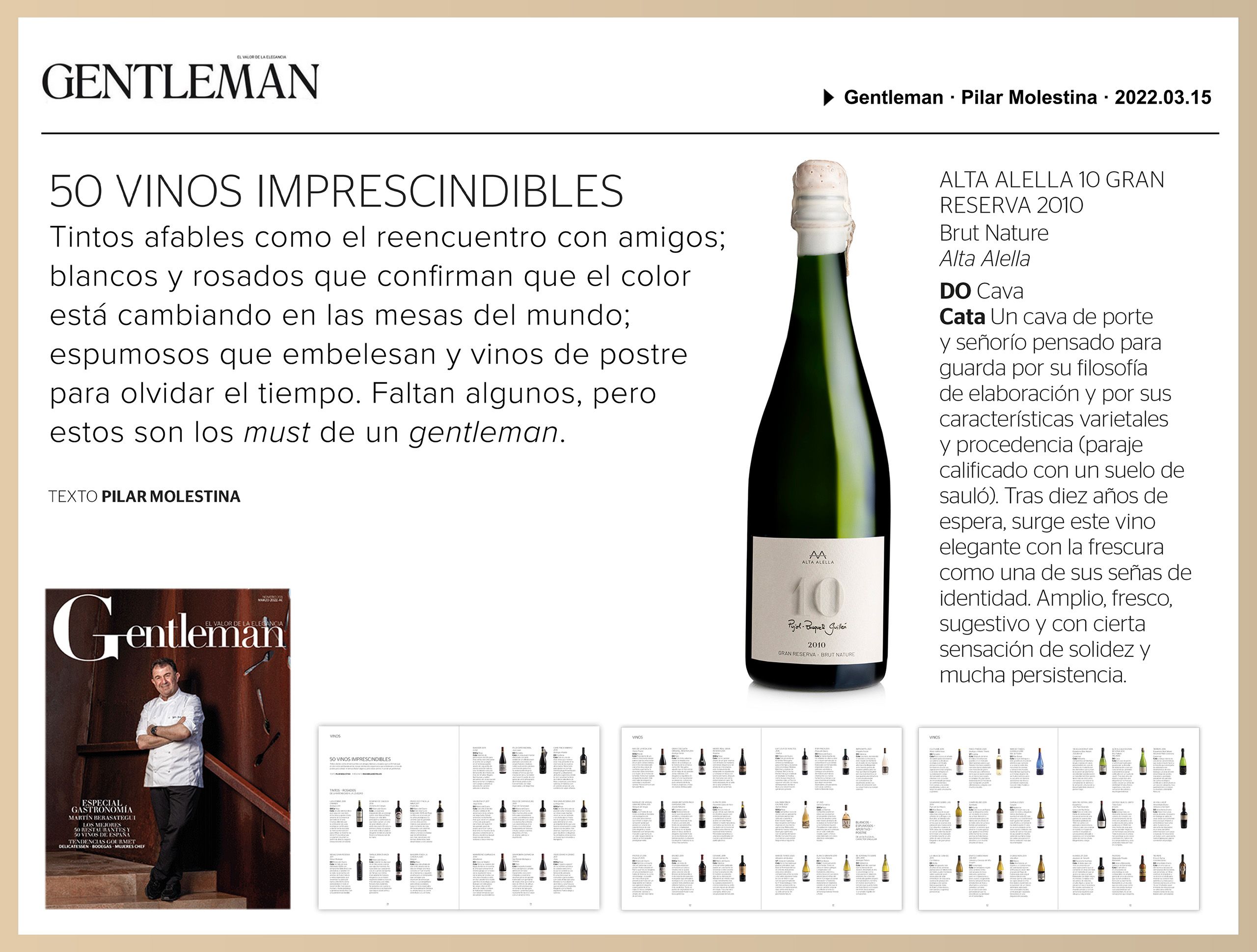Alta Alella investigates on resistant grape varieties
2023.05.15
The VRIAACC project aims to develop new plants that are resistant to the climate change effects and diseases such as powdery mildew and downy mildew
Since 1999, Alta Alella has been participating in the experimental vineyard project of Resistant and Autochthonous Varieties Adapted to Climate Change (VRIAACC, acronym in Spanish), which aims to obtain vines that do not need any type of treatment and are naturally resistant to plagues such as powdery mildew and downy mildew. In addition, the VRIACC also have more drought tolerance. These new plants are obtained by floral crossbreeding (and not by genetic manipulation) between autochthonous varieties –at the moment we are working with Pansa Blanca (Xarel·lo), Macabeu, Parellada, Ull de llebre and Garnatxa negra- and other already resistant varieties.
Thinking about the legacy they will leave to future generations, the Pujol-Busquets family has always worked respecting the territory and preserving biodiversity (organic winery from the origin), and the VRIAACC project is another step forward to produce more sustainable wines.
WHAT DO WE ACHIEVE WITH VRIAACC?
- Eliminate treatments in the vineyard (copper and sulphur) and produce cleaner wines
- Less soil compaction
- Healthier working environment (we avoid the exposure of the vine grower to treatments)
- Reduction of CO2 emissions
- More quality (ripening in periods of greater temperature difference day/night)
- Less losses due to mildew, powdery mildew, botrytis, Drosophila Suzuki, drought, etc.
Other partners in the project are Celler de les Aus, Albet i Noya, Celler Josep Piñol, Institut Català de la Vinya i el Vi and VITEC (Centro Tecnológico del Vino).
Grant “Creación de nuevas variedades de vid autorresistentes a enfermedades criptogámicas y sequía (VRIAACC 2022-2025)” funded by MCIN/AEI/ 10.13039/501100011033 and by the “European Union NextGenerationEU/PRTR”.

